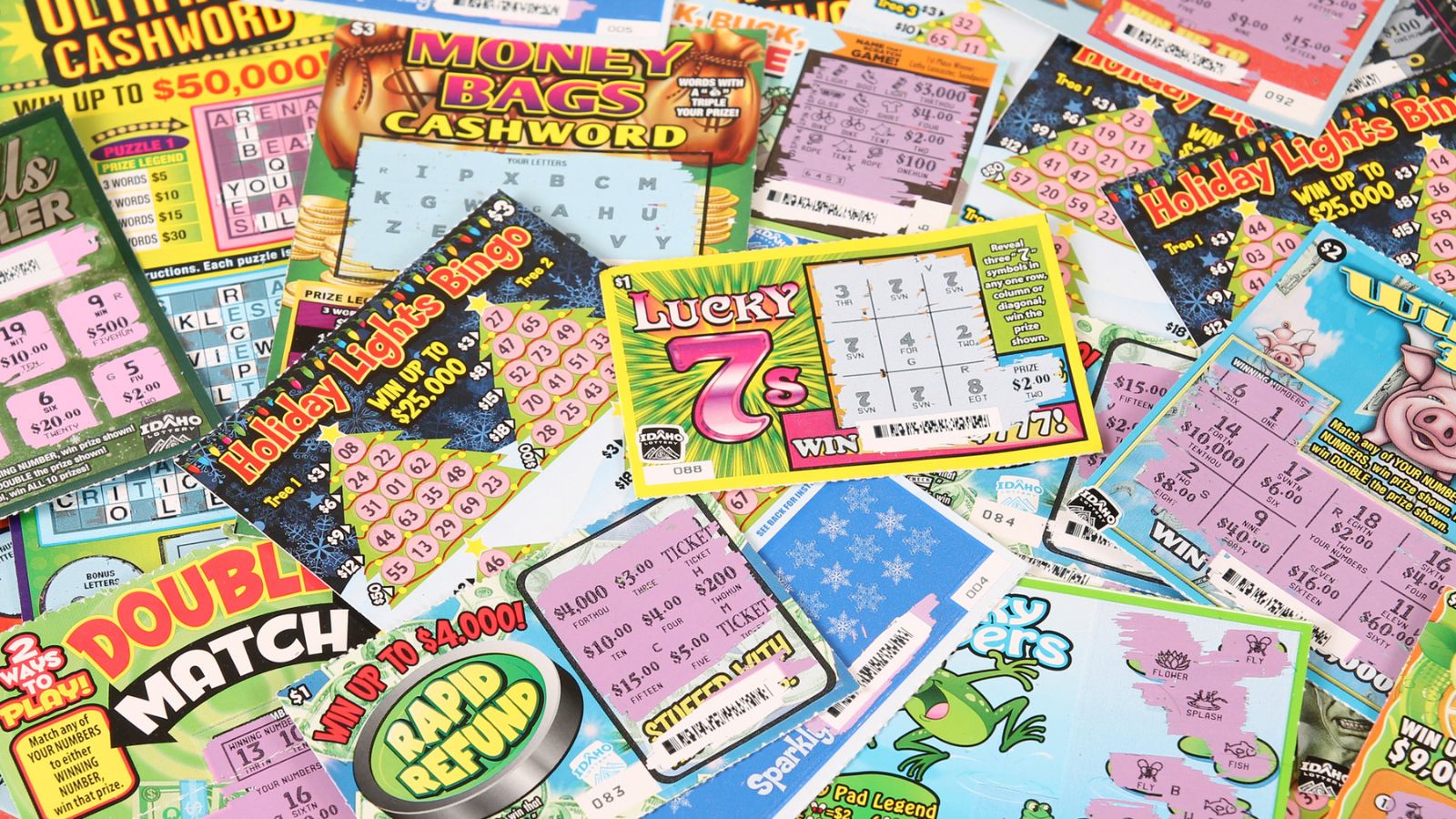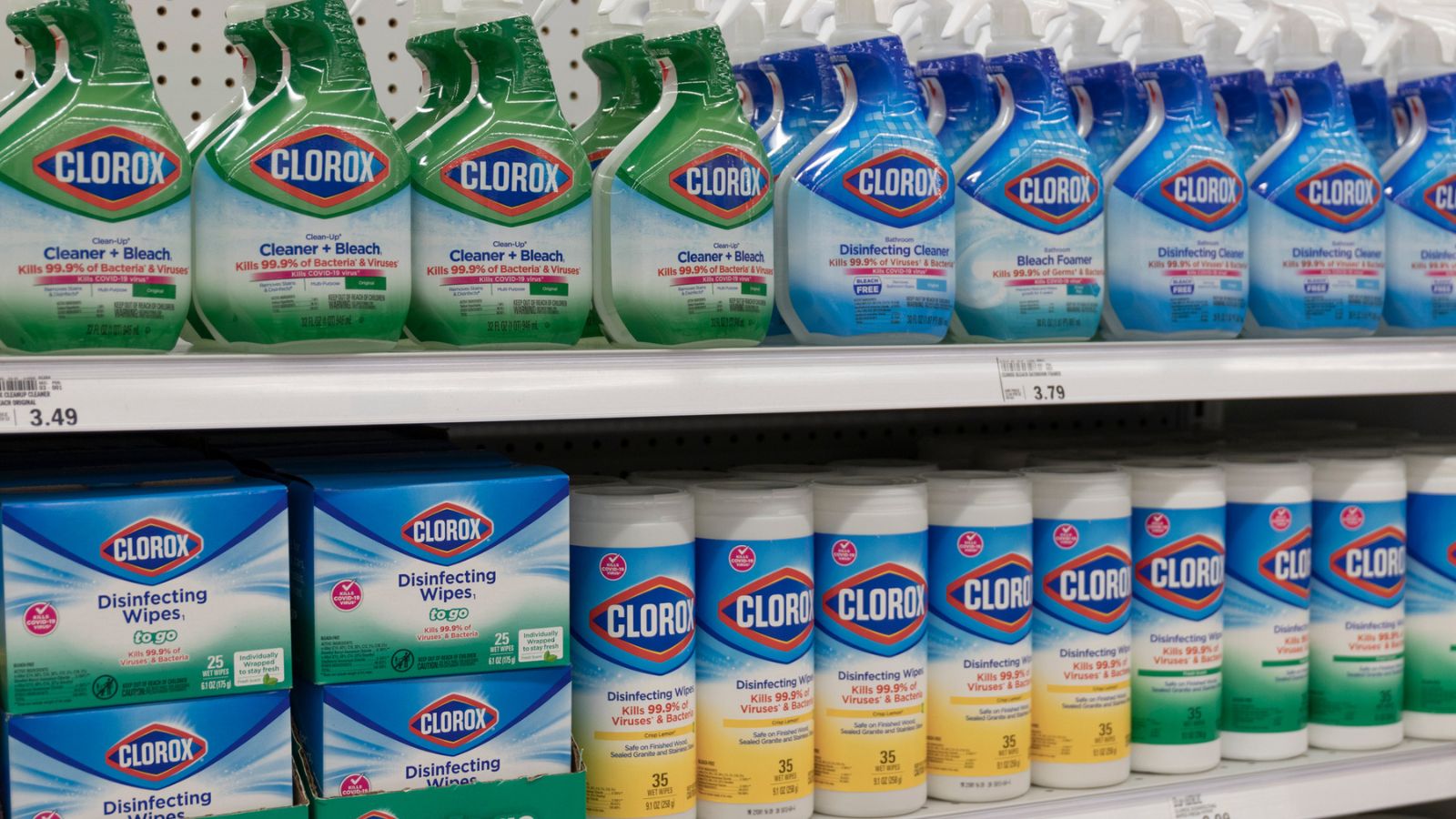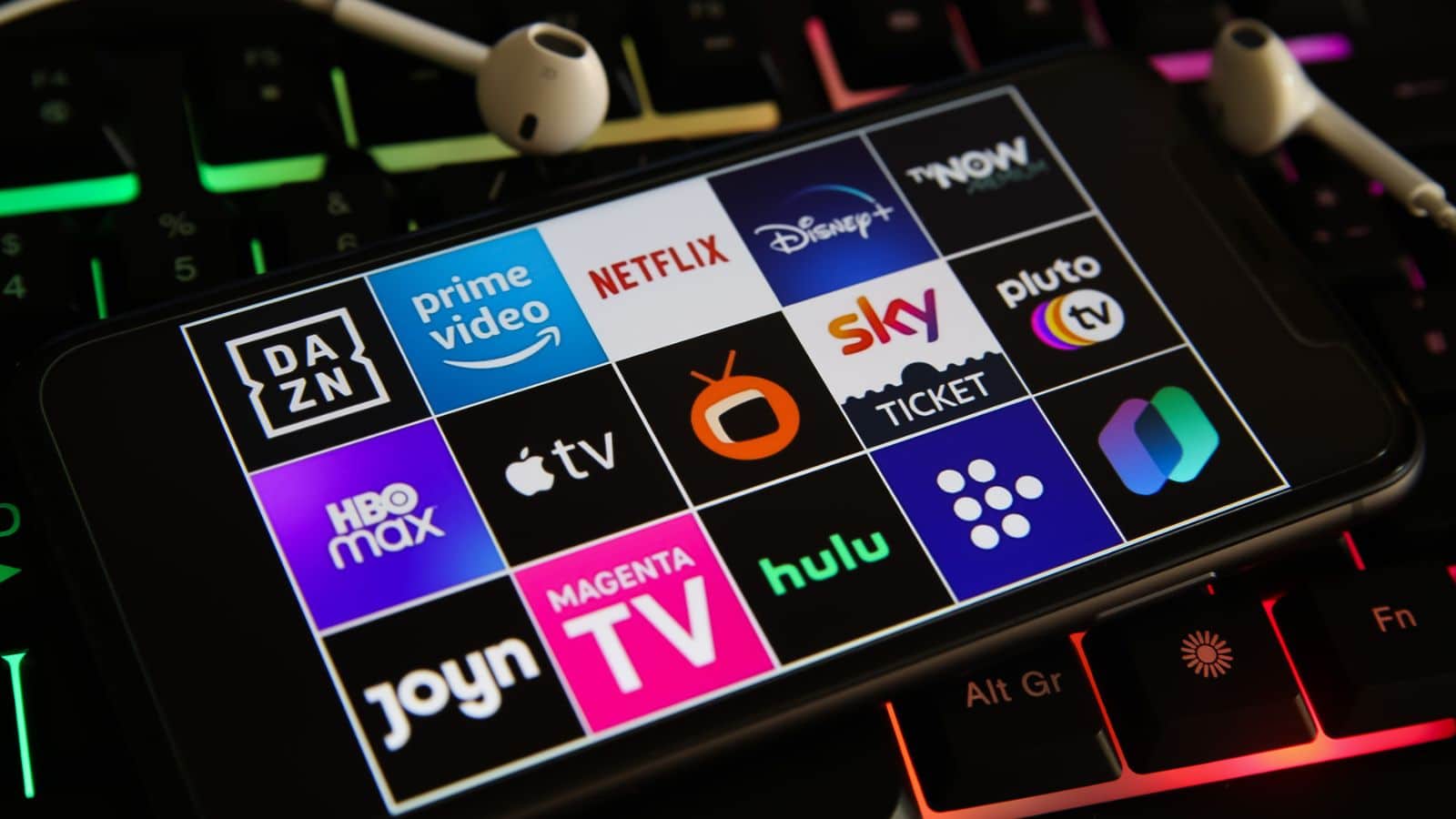Unnecessary things people choose to waste their money on often include trendy gadgets, frequent dining out, and impulse purchases that provide little long-term value. By identifying and curbing these unnecessary expenditures, people can better manage their finances and focus on more meaningful investments.
1. Expensive Cable Packages

Paying for expensive cable packages is a complete waste of money. With the emergence of online streaming services like Netflix, Hulu, and Amazon Prime, cable TV is becoming increasingly irrelevant. These services provide a vast range of TV shows and movies, and you only pay a small fraction of the cost of cable packages.
2. Brand-Name Medicine

Brand-name medicine is often marketed as being superior to generic drugs. However, the FDA requires generic drugs to have the same active ingredients, strength, dosage form, and route of administration as the brand-name version. In many cases, you can save a significant amount of money by purchasing generic drugs.
3. Extended Warranties

Many retailers offer extended warranties on their products, but they’re often not worth the money. Products are usually covered by a manufacturer’s warranty, which is sufficient for most issues that may arise. Extended warranties are often expensive and come with a host of exclusions and limitations that make them difficult to use.
4. Lottery Tickets

The odds of winning the lottery are incredibly low, and the chances of winning a significant amount of money are even lower. Spending money on lottery tickets is essentially throwing money away, and it’s a better idea to save or invest the money instead.
5. Bottled Water

Bottled water is a complete waste of money. Most bottled water comes from municipal water sources, so you’re essentially paying for something that you could get for free. Additionally, plastic bottles are harmful to the environment and contribute to the global plastic waste problem.
6. Premium Gasoline

Unless your car specifically requires premium gasoline, there is no need to buy it. Premium gasoline does not provide any significant benefits in terms of fuel efficiency or performance. You’re essentially paying more for something that won’t provide any real benefit to you or your vehicle.
7. Brand-Name Cleaning Products

Brand-name cleaning products are often marketed as being superior to generic products, but this is not always the case. Many generic cleaning products contain the same active ingredients as their brand-name counterparts and are just as effective. By opting for generic products, you can save a significant amount of money without sacrificing quality.
8. High-End Fashion

High-end fashion brands often charge exorbitant prices for their products, and there’s often no real reason to justify the expense. In many cases, you’re paying for the brand name rather than the quality of the product. By opting for less expensive clothing brands, you can still look stylish without breaking the bank.
9. Expensive Gym Memberships

While going to the gym can be an excellent way to stay in shape, expensive gym memberships are often a waste of money. Many people sign up for fancy gym memberships with the best intentions but end up only going a few times before losing interest. Instead of committing to a $100+ gym membership, try finding free or low-cost options near you.
10. Unused Subscriptions

Many people sign up for subscriptions for things like magazines, streaming services, or meal delivery services and then forget to cancel them. If you’re not actively using a subscription, it’s a complete waste of money. Make sure to regularly review your subscriptions and cancel any that you’re not using.
50 Super Simple Side Hustle Ideas

50 Super Simple Side Hustle Ideas (& How to Make Them Work)

10 Frugal Lessons I Learned From Being Flat Out Broke
How To Make Money Without a Job

How To Make Money Without a Job
Creative Ways To Make Money

20 Easy Ways to Raise A Credit Score Fast

Read More: 20 Easy Ways to Raise A Credit Score Fast
Frugal Living Tips: The Essential Guide To Start Saving Money

Frugal Living Tips: The Essential Guide To Start Saving Money
